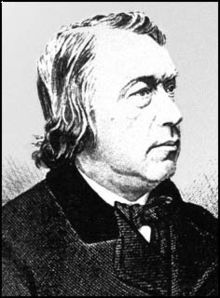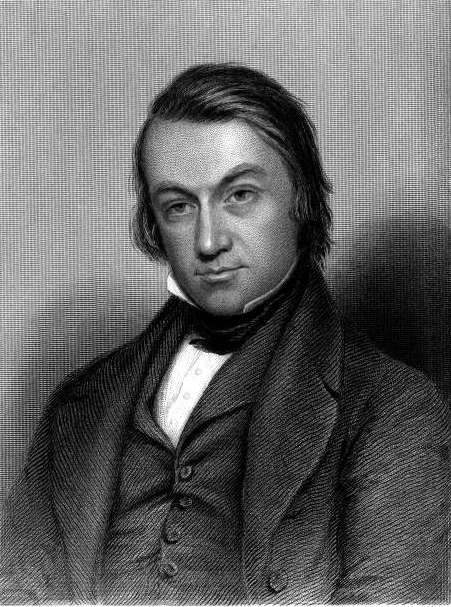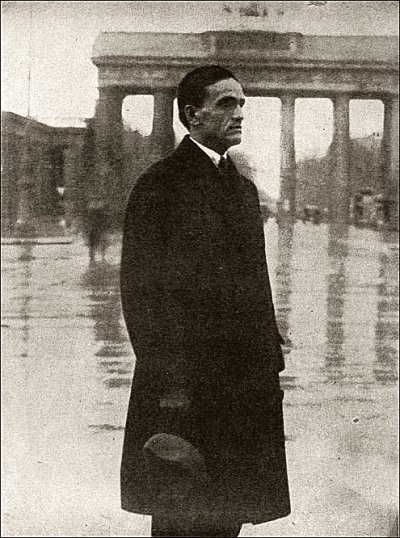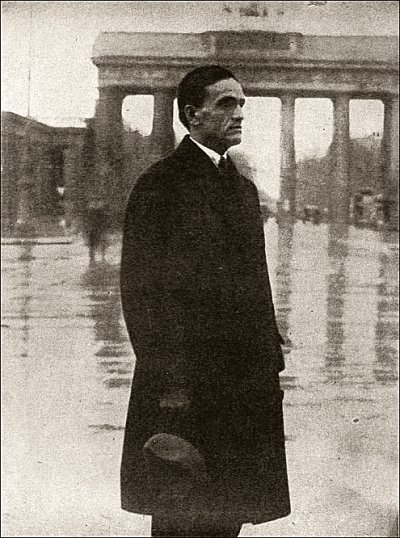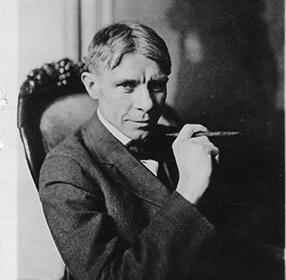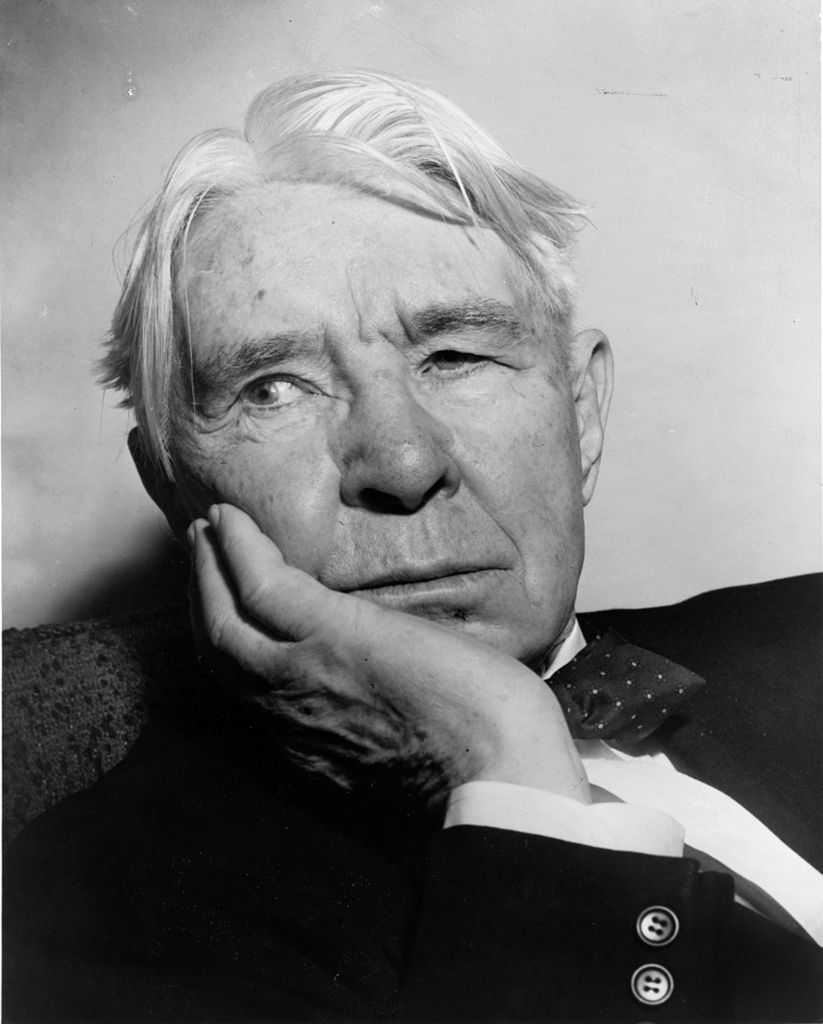Introduction to the Poet:
Henry Charles Bukowski (born Heinrich Karl Bukowski; August 16, 1920 – March 9, 1994) was a German-born American poet, novelist, and short story writer. His home city Los Angeles’ social, economic, political background influenced his writing. His writing deals with the lives of poor Americans, downtrodden of American society, alcoholism, relationship with women, act of writing and drudgery of work.
Born in Germany and brought to United States at the tender age of two, he had grown up seeing the society and culture of US. Beaten by his father at the tiniest of offenses, bullied by boys of his own age and later on being rejected by women due to his complexion; he was in misery.
Attending Los Angeles City College and dropping out during World War II, he went to New York with the endeavour of becoming a writer. In 1946, he gave up writing and thus followed ten years of no writing which he called “ten-year drunk” in his autobiography. Ending up near death in Los Angeles, Bukowski started writing again, though he would continue to drink and cultivate his reputation as a hard-living poet. He did not begin his professional writing career until the age of thirty-five.
Ham on Rye, Post Office, Dinosauria,We,Darkling,The Soldier, The Wife And The Bum, Notes of a Dirty Man are some of his famous works.
He died of leukemia on March 9, 1994, in San Pedro, aged 73.
About Alone With Everybody:
Like most poems of Bukowski, ‘Alone with Everybody’ is a semi-autobiographical poem. This poem deals with the feeling of despair and loneliness throughout one’s life and the futility of physical attachment only. Bukowski effectively brings out the futility of mankind without the spiritual, emotional attachment and the lack of fulfillment. The poem is a universal expression of loneliness and thus is a heart-rending and touching piece.
Setting of Alone With Everybody:
The setting of the poem is in the modern days where the spiritual and emotional unity of soul is lacking and our innermost desire for love, attachment and bonding are remaining unfulfilled.
Throughout the poem, Bukowski talks about the materialistic and physical pleasure the drinking of men, the ‘crawling in and out of bed’ or meaningless sex, and the futile search for ‘the one’.
This poem can be considered to be an outcome of the experiences during Bukowski’s early years when he was rejected by women and was beaten by his father for the tiniest of mistakes. The poem is a universal message of isolation among human conveyed beautifully by Bukowski.
Tone of Alone With Everybody :
The tone of the poem is one of detachment and hopelessness. The poet conveys the hopelessness and isolation of mankind. He says that the creation of human being is completed but often the fulfilment of the soul isn’t. When he says :
“they put a mind
in there and
sometimes a soul”
The word ‘sometimes’ creates a tone of doubt.In the next few lines the tone becomes melancholy as he perceives that to fill this void the human species are doing derogatory deeds like alcoholism and showing of anger.
The tone changes to one of hopelessness as he describes the worthlessness of just physical pleasure.
The change of tone to one of desperation is observed when he says that the body searches for more than just another body, it is also in search for a spiritual unity.
Lastly, the tone changes back to despondence and sorrow when Bukowski states that no matter how hard we try, we do not find ‘the one’- though the negative aspects of life are filled up, a huge abyss is left to fill in the joy, peace and happiness in life.
Style of Alone With Everybody:
The poem is written in blank verses with non rhythmic lines almost in the manner of a speech. Bukowski’s style of subtlety and simplicity makes this poem more appealing.
Poetic devices in Alone With Everybody:
Oxymoron:
The title of the poem itself ‘Alone with Everybody’ is an oxymoron. Though the poem tries to inflict a sense of loneliness and sheer isolation, alone with everybody is nevertheless an oxymoron , juxtaposing completely opposite words, altogether. The title means either we are alone even though many people surround us or the fact that we are alone like everybody else.
Imagery:
“The flesh …….
…… sometimes a soul,”
This is an imagery itself. We can almost imagine someone filling up the bone with flesh and once in a while putting a mind or a soul on the bone and flesh.
“the city clumps fill
the junkyards fill
the madhouses fill
the hospitals fill
the graveyards fill”
One can almost imagine all these places physically filling up, thus creating an image in our mind.
Symbolism:
“crawling in and out of beds” is a symbolism of meaningless physical pleasure from sex.
“the city clumps fill….. the graveyards fill”. The clumps, junkyards are symbolism of trash, the hospitals, madhouses are symbolism of sickness and the graveyard is one of death. Thus, the poet tries to say that the negative aspects of our lives are filled while the positive ones are vacuumed.
“flesh searches
for more than
flesh”- This is a symbolism representing innermost desire & endless search for just more than physical pleasure. The human, made up of flesh searches for a soul, a mind than merely a body.
Alliteration:
“nobody finds the one” and “nobody ever finds the one” are repetition of almost similar phrases trying to emphasise on the anguish of the lack of the one with whom one can enjoy spiritual bonding.
Summary of Alone With Everybody:
The poem ‘Alone with Everybody’ is a poem concerning the ideas of loneliness, despair, the futility of flesh and bone without the presence of soul and the lack of the fulfillment of innermost intimacy.
The speaker feels like humans are nothing other than the flesh covering the bone. Only sometimes they put a mind and a soul in the construction of the creatures of bone and flesh. This feeling of solitude, meaninglessness drives men to drink and women to express their anger, desperation and anguish by breaking things.
He says “nobody finds the one”, here ‘the one’ is the person with whom one can share his deepest feelings, share a bond of spiritual, emotional and physical intimacy. The ultimate person whose love would be a fulfilling experience of enrichment, in the otherwise meaningless void. Every one of us searches for something more than flesh, or sexual pleasure. We have meaningless sex but never manage to find the one.
The poet feels that there is no chance at meaningful human connection yet he desperately states again “nobody ever finds the one”. The negative things of our lives are filled: the trash, the sickness and death but ‘nothing else fills’ that is the depravity of a soul-connection remains throughout.
Critical Analysis of Alone With Everybody:
The poem deals with the deepest feeling of isolation amidst the materialistic world. The despair, loneliness and the eternal search for a soul-connection is evident throughout the poem. The feeling of meaninglessness and vanity that sweeps over us and clouds our thoughts in moments of silence is a subject of deep anguish, which the poem focuses on.
With the use of symbolisms like “crawling in and out of bed” and “no one ever finds the one”, the poet brings a tone of melancholy. The desperate search for an emotional, spiritual and physical bonding that quest the thirst of the soul is never ending. A lonely attempt to bring humanity together almost in vain is the message conveyed through the poem.
Though we are filled with negativity, the positive aspects of our lives are lost and there is a disappointing hopelessness in us. It discusses how people get angry, how people seek affection and acceptance in all the wrong ways, yet fail to find a soul satisfying experience.
Central Theme of Alone With Everybody:
The central theme of the poem deals with the feeling of loneliness and the eternal search for a soul to accompany us in spiritual, emotional and physical unity. Though the humanity is lost and we are all living in a void , we still search for ‘the one’. Failing to attempt contentment, we get angry and becoming vulnerable. The lack of satisfaction of soul drives us to misery, sorrow and unspoken trouble.
Though sex pacifies our physical desire, yet it doesn’t fill our thirst for soul satisfaction. The innermost struggle within us is not for the materialistic or worldly gain but for the search of peace.
Bukowski’s poem throws light on the basic need of man, love. The feeling of detachment, hopelessness, isolation, screaming out for a loving soul is intimately incorporated throughout the whole poem.
The theme of the poem is further enriched by the use of symbolism, imagery and ultimately the poem concludes to say that the flesh and bone made human searches more than flesh.
Conclusion:
A desperate cry of forlornness, breaking through the cage of heart, this poem stands supreme in the modern, materialistic world and acts as an universal cry of the human species. Bukowski wonderfully portrays the theme of desolation making this poem a phenomenal one.
Contributor: Bidisha Das
Some online learning platforms provide certifications, while others are designed to simply grow your skills in your personal and professional life. Including Masterclass and Coursera, here are our recommendations for the best online learning platforms you can sign up for today.
The 7 Best Online Learning Platforms of 2022
- Best Overall: Coursera
- Best for Niche Topics: Udemy
- Best for Creative Fields: Skillshare
- Best for Celebrity Lessons: MasterClass
- Best for STEM: EdX
- Best for Career Building: Udacity
- Best for Data Learning: Pluralsight

